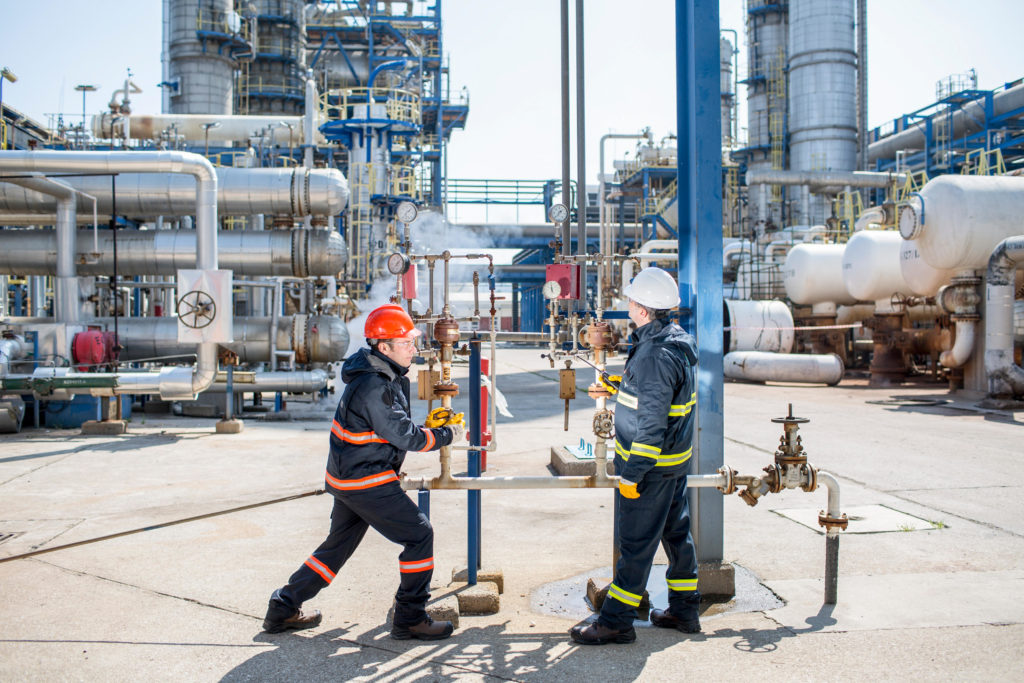NUR-SULTAN
Kazakhstan plans to implement projects in the energy-rich country’s petrochemical sector with a total cost of around $12 billion to support and diversify an economy recovering from the impact of from the COVID-19 pandemic impact.
Kazakhstan sits on some of the most impressive natural resources in the world. Foreign energy majors poured into the country in the 1990s, attracted by its oil fields. Of the $150 billion in foreign investment in the Central Asian country since independence, $120 billion – or more than 70 percent – has been in natural resources extraction.
And while the vast country, with its relatively small population, attracts about 60 percent of all capital invested in the five former Soviet Central Asian states, COVID-19 has taken its toll, with FDI forecast to decline by 5-10 percent in 2021, before recovering in 2022. In 2020, inflows grew by 35 percent to $3.9 billion, according to the United Nations Conference on Trade and Development (UNCTAD).
The list of planned projects includes the construction of plants producing 430,000 tonnes of polyethylene terephthalate per year worth $1 billion, 130,000 tonnes of methanol worth $200 million, 800,000 tonnes of olefins worth $1.8 billion, 1.250 million tonnes of polyethylene worth $7.6 billion and 280,000 tonnes of base oils worth $860 million.
In addition, the country’s state energy firm KazMunayGas and Russia’s Tatneft agreed on the basic terms of interaction on the production of 186,000 tonnes of butadiene and its derivatives, Nurlan Nogayev, Kazakhstan’s energy minister, told the Tatarstan Oil and Gas Chemical Forum.
He said that the volume of investments for this project would be about $820 million. The completion of the plant’s construction is expected in 2026. It is planned that the plant’s products will be supplied to the Russian Federation, Europe, Turkey and China.
Kazakhstan is also building a polypropylene plant with an annual capacity of 500,000 tonnes worth $2.6 billion.
“At present, the government is developing a special investment agreement in the field of petrochemicals, which will contain special preferences aimed at stimulating investments in the development of this industry,” Nogayev said.

